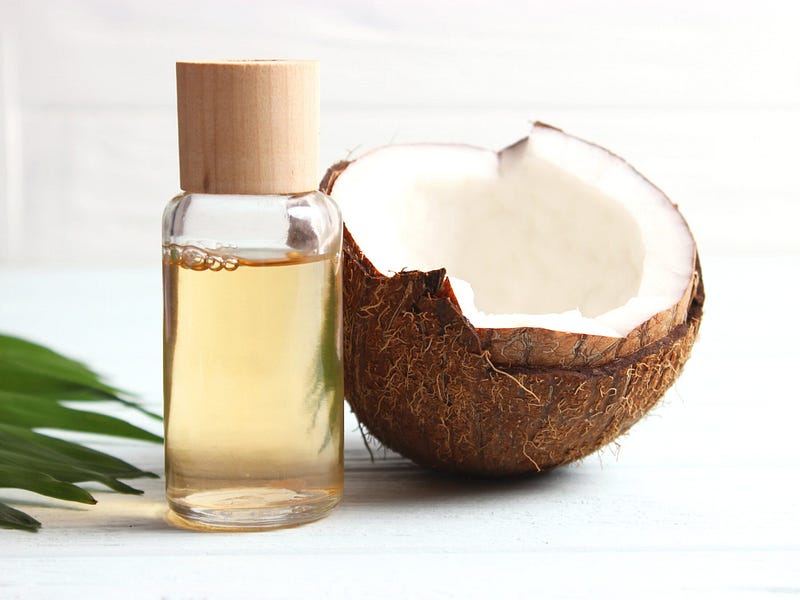Why Castile Soap Benefits Your Skin, Hair, and Wallet
Maybe you’ve found yourself overwhelmed by the number of cleansers, makeup removers, moisturizers, and soaps cluttering up your cabinets. And perhaps it seems that your never-ending routine just isn’t giving you the silky smooth skin you’ve always wanted. Who knew a simple product like Castile soap benefits your skin, hair, and face all in one fell swoop?

Castile soap is truly a miracle product, and it’s been around for centuries. Crafted out of vegetable oils, Castile soap is naturally rich in antioxidants, fatty acids, vitamin E, and hydrating glycerin.
So why opt for harsh detergents when there’s an all natural solution within arm’s reach?Maybe you’ve found yourself overwhelmed by the number of cleansers, makeup removers, moisturizers, and soaps cluttering up your cabinets. And perhaps it seems that your never-ending routine just isn’t giving you the silky smooth skin you’ve always wanted. Who knew a simple product like Castile soap benefits your skin, hair, and face all in one fell swoop?
Castile soap is truly a miracle product, and it’s been around for centuries. Crafted out of vegetable oils, Castile soap is naturally rich in antioxidants, fatty acids, vitamin E, and hydrating glycerin.
So why opt for harsh detergents when there’s an all natural solution within arm’s reach?
What Is Castile Soap?
Castile soap is a liquid or bar soap made entirely out of plant oils. Named for Castile, Spain where it was first used, Castile soap was traditionally made out of olive oil.
Today, you can find Castile soap crafted out of any number of skin-nourishing oils, like avocado, coconut, sunflower kernel, hemp, and more. Each plant oil has a variety of benefits, so be sure to read the ingredients of your Castile soap.
One of the biggest benefits of Castile soap is that, by definition, it never contains animal fats. Without added ingredients, it’s completely vegan-friendly. But always be sure to check with the brand to ensure they aren’t testing on animals or adding animal by-products into the mix.
Castile Soap Benefits
Castile soap benefits your skin and your wallet. Most Castile soap is inexpensive and will last you a long time. But that’s not the only reason to try this all natural product.
In fact, Castile soap has so many benefits, it was hard to choose just five. We decided to narrow it down to the most valuable features for our readers.
Let’s explore our top five Castile soap benefits!
If you’ve ever tried The Oil Cleansing Method, you’re familiar with the soft, smooth skin that pure plant oils offer.
Castile soap is made out of saponified plant oils. These oils give the soap a rich, smoothing lather that lifts away dirt and encourages the removal of dead skin cells.
Unlike synthetic soap, Castile soap does not contain any harsh surfactants. Detergents and surfactants leave skin with that “squeaky clean” feeling — meaning it’s too dry.
Most processed synthetic soap removes glycerin from the mix, too. Glycerin is a gentle, hydrating ingredient found naturally in Castile soap.
As anyone with adult acne knows, there is no cure-all for acne-prone skin. According to Dr. Bronner’s, however, many customers have testified that their Castile soap did wonders for their acne. There are a few reasons why this might be.
First of all, Castile soap doesn’t strip your skin of its natural oils. Oil-based products are able to clean without compromising your skin’s protective barrier. This means your skin won’t overcompensate the way it does with synthetic soap — by producing excess oil to replace what was lost.
Plant oils used to make Castile soap are naturally antibacterial, as well. If bacteria is causing clogged pores, Castile soap benefits your skin by killing microbes.
Castile soap also encourages the removal of dead skin cells which may be blocking your pores. When combined with light exfoliation two to three times per week, you may find your skin clearing up.
Lastly, Castile soap benefits your pores because it’s non-comedogenic. Yes, many Castile oils are made using saponified coconut oil, but the key word here is “saponified.” This term means that this ingredient is no longer an oil at all.
Comments
Post a Comment